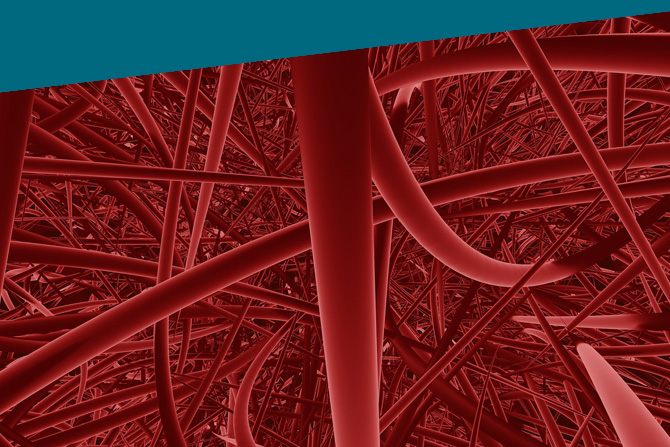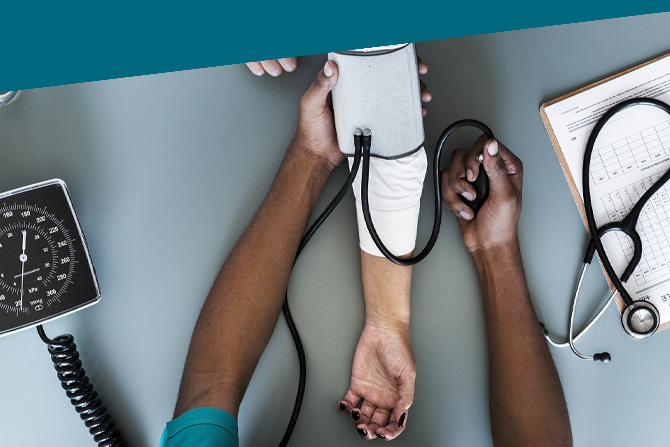Stomach Pain 101
November 17, 2020

Abdominal discomfort or “stomach pain” is probably one of our most common experiences. It can be the result of a very broad range of conditions. It can originate in various organs other than the stomach, even from an organ outside the digestive tract. And it can pose a dilemma in terms of whether or not to seek a doctor’s care or even head for the emergency room.
For these reasons, tracking the precise location and cause of abdominal pain can be a little like solving a mystery when trying to diagnose a “stomach ache.” A common first step is to identify in which of four quadrants of the abdomen the pain seems to be residing.
One approach to identifying what causes stomach pain is to consider whether discomfort is stemming from a functional or structural problem. At the root of this type of problem can be poor muscle or nerve functionality in the digestive tract. The gastrointestinal system actually has its own nervous system that controls the contraction of muscles as we eat. That system is also connected to the central nervous system, which means that stress can have an effect on digestion.
Abdominal conditions can be difficult to diagnose since organs can look “normal” under medical imaging but still not be performing correctly. Plus, the relative position of organs can lead to confusion about which one is the culprit.
In addition, abdominal issues can be chronic and persistent over time, or they can come on quite suddenly.
Why Does My Stomach Hurt?
Here’s a look at many of the potential causes of abdominal or “stomach” pain.
- Food allergies can trigger an immune system response leading to abdominal cramps and pain.
- Heartburn, caused by acid coming up the esophagus, is sometimes mistaken for stomach pain. It often occurs after lying prone for a period of time such as when sleeping.
- Irritable bowel syndrome discomfort can be increased by eating or when under stress. Symptoms include diarrhea, constipation and bloating, but typically not weight loss or bleeding.
- Lactose intolerance means the sugar in milk is not broken down and ends up in the colon where it can ferment and cause a range of uncomfortable symptoms. A related condition is gluten intolerance.
- Medications such as antibiotics and anti-inflammatories can cause abdominal distress.
- Overeating can cause discomfort as can consuming foods that trigger production of gas or constipation leading to sharp pains, a bloated feeling and even a distended abdomen.
- Pre-menstrual syndrome brings hormonal shifts that can cause diarrhea, nausea, bloating and cramps.
Stomach Disease Considerations
- Appendicitis is a common cause of severe pain that is highly localized in the lower right abdomen.
- Diverticulitis causes pain felt in the lower left of the abdomen due to inflammation or infection of the large intestine. Similar to other conditions, symptoms can include constipation, nausea, vomiting and a low-grade fever.
- Gallstones are small clusters of hardened materials that can lead to stomach pain by blocking the drainage of bile from the gallbladder or obstructing the duct leading from the pancreas.
- Pancreatitis entails inflammation causing severe pain in the upper abdomen, sometimes radiating to the chest or back. Other symptoms include fever, vomiting and nausea.
- Stomach flu is another very common condition leading to abdominal discomfort.
- Ulcers are sores that can develop on the stomach lining or first part of the small intestine. Symptoms include a burning sensation (especially when not eating), heartburn nausea and vomiting. A perforated ulcer can lead to acid leaking from the stomach that can cause sudden and very severe pain.
- Urinary tract infection can generate pain perceived as being in the pelvic area or lower abdomen.
- Vascular disease can cause poor circulation and a narrowing of the arteries that can impinge on blood flow to the intestines during digestion.
What Should I Do About It?
There are several questions that can help you and your doctor evaluate the nature of abdominal pain and determine its cause, such as:
- How much pain are you experiencing?
- How long have you been feeling the pain?
- Where does the pain seem to be located?
- Did it come on suddenly?
- Does it come and go?
- Have you had the same pain before?
- Have you been under unusual stress lately?
- What are your dietary habits?
- Have you been losing weight?
- Is the pain better or worse after eating?
If you’re confident of the cause, over-the-counter remedies may be appropriate and effective.
In cases where the pain is not necessarily severe but has lasted for a few days, a visit to the doctor is probably indicated. In that case, keeping a record of your symptoms can be very helpful to your physician. It’s also a good idea to avoid NSAID pain relievers and proton pump inhibitors in the meantime.
You may consider a visit to the emergency room in the event of sudden and severe pain, especially in the upper abdomen. Signs of this kind of pain are an inability to get out of bed, fatigue, lack of appetite, fever and vomiting.
With reliable information and professional help, you can solve the mystery of your “stomach ache” and take appropriate action.










